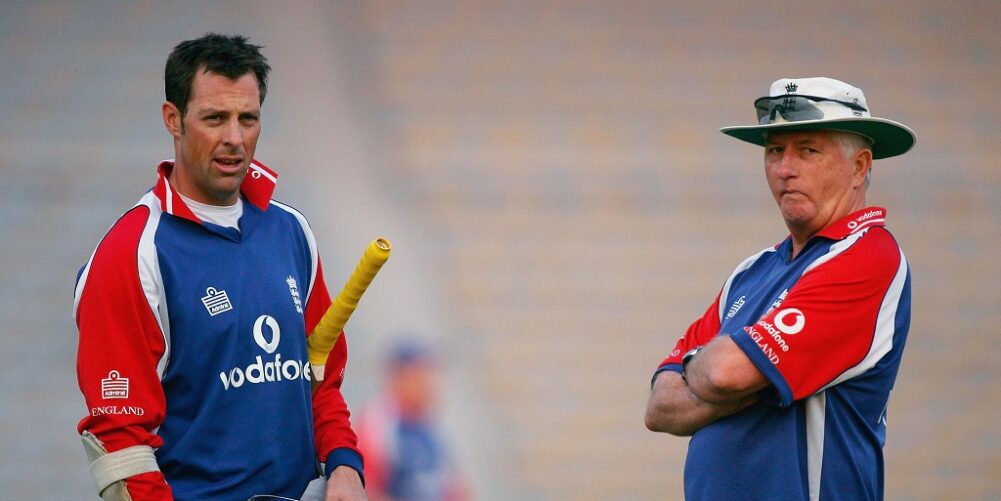(Photo: Getty Images)
By Peter Hayter
Sceptics who believe the make-up of the new England selection panel of Ed Smith, AN Other, various scouts and HAL 9000, the computer from the movie 2001: A Space Odyssey, raises the possibility of a dangerous over-reliance on statistics and irrefutable logic might care to offer them two words of advice: Marcus Trescothick.
In Arthur C Clarke’s original novel, HAL, which is short for Heuristically programmed Algorithmic computer, ends up attempting to kill the entire crew of their spaceship because it’s pre-programmed orders are to keep itself in charge of the mission at all costs.
I trust Smith is familiar with this brilliant work of sci-fi genius Clarke and, if he isn’t, perhaps he should be, but as far as the principle relates of the selection of England cricket teams, the point is that for the whizz-bang stats to work as he would wish, they have to be put to work for him rather than slavishly followed by him.
And those who decry the notion of the selectorial “hunch” would do well to consider that, sometimes, a hunch is better than a thousand algorithms.
Trescothick relates that, following his excellent first full season for Somerset in 1994, the version of second-season syndrome that afflicted him actually lasted the best part of the next four years.
By the time he played for the club against Glamorgan at the start of September 1999 he had made just one century all summer, against Middlesex, on a pitch that flattened out so much that four of the six other batters from either side who had the chance of a second innings also reached three figures, three of them unbeaten.
The early promise the burly left-hander had shown in his happy-go-lucky youth seemed in danger of going unfulfilled and while there was little threat to his career, many at the club were asking: “What are we going to do about Marcus?’”

On the first day of that fateful match against Glamorgan, 20 wickets fell on a green top. On the second Trescothick scored 167, with 25 fours and five sixes, and Somerset won halfway through day three. What particularly impressed those present was the way he dealt with the bowling of the South African all-rounder Jacques Kallis, later to be regarded as the best in world cricket.
Kallis kept bumping Trescothick. Trescothick kept thumping him to the rope. And watching it all unfold from the Glamorgan dressing room was their coach Duncan Fletcher, recently appointed the new coach of England.
The pair had never met before that match, but Fletcher had seen enough of his man. He would have had him on the upcoming winter tour to South Africa had skipper Nasser Hussain not cautioned against his selection as he hadn’t seen enough of the batsman at first hand to support that call.
He ended up going on the A-team tour to Bangladesh and New Zealand instead and once again produced little to suggest great things may come, making 199 runs in seven completed innings with a top score of 45 and dropping down to No.4 in the final Test against the young Kiwis. But once Fletcher got his feet under the table Trescothick got the call and the rest – one of the period’s most impressive Test and ODI careers until illness shut it down – is history.
So, may I humbly suggest you handle the stats with care, Mr Smith, make sure you can switch HAL off if he threatens to take control and, perhaps above all else, listen instead to the voice inside you that says: “This guy can play.”












